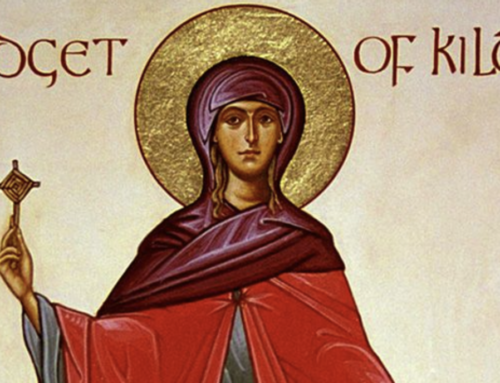The communal integrity of the New Testament church and the early church is perhaps by some overlooked or under-valued. When they would gather to hear the words of Jesus or the Apostles preach, there was a sense of urgency (McGrath, A.E., 2012). Most would not have had access to these written scrolls. So, at their worship gatherings, the oral transmission was the only way to hear these words of life. So too, the participation in the Eucharistic Feast as implemented by Jesus at his final Passover meal with the Apostles (the Last Supper). These two core worship elements of the service of the word, and the service of the Eucharist should most certainly not be left out of our worship today (WSA-423, 2017, Topic 6 Overview).
Many modern evangelical congregations have been formed with an over-emphasis on the experience of individual worship. The model of worship as entertainment is also pervasive in many worship services (Crainshaw, J.Y. 2015). The deeper ability to focus on engaging with God in worship and connecting to God’s “great story of salvation,” brings one into the greater meta-narrative that is found in the patterns of biblical worship and that of the historical church. As mature Christians, ministers, and Worship leaders, we are not kings of our own ministries. Rather, we are unworthy participants in the reconciling ministry of Christ (2 Cor. 5:11-21). We stand with the saints of old and the church throughout history as ones given a second chance to love God and love others with a worship that honors all that God has done and is doing in the body of Christ, his one holy and Apostolic church.
So, when we gather to hear the holy scriptures and participate in the Eucharist, we do not stand alone. We are not disconnected from those that have come before us. We rather are joined as one with God’s holy people, in the redemption of Jesus Christ. Our ability to stand in that love and knowledge of God rests not in our own ability to experience new and moving innovations from scriptural interpretations or passionate musical expressions but rather in God’s eternal and unconditional love for us. He will enter into our contrite and repentant hearts and lift off the burdens of this world in exchange for his burden of strength and light.
Raymond LaFleur, September 2020.
Crainshaw, J. Y. (2015). Story-Shaped Worship: Following Patterns from the Bible and History. Interpretation, 69(3), 377.
McGrath, A. E. (2011). Christian Theology: An Introduction. Oxford, England: Blackwell, 2011.
WSA-423. 2017. Topic 6 Overview. Grand Canyon University.






